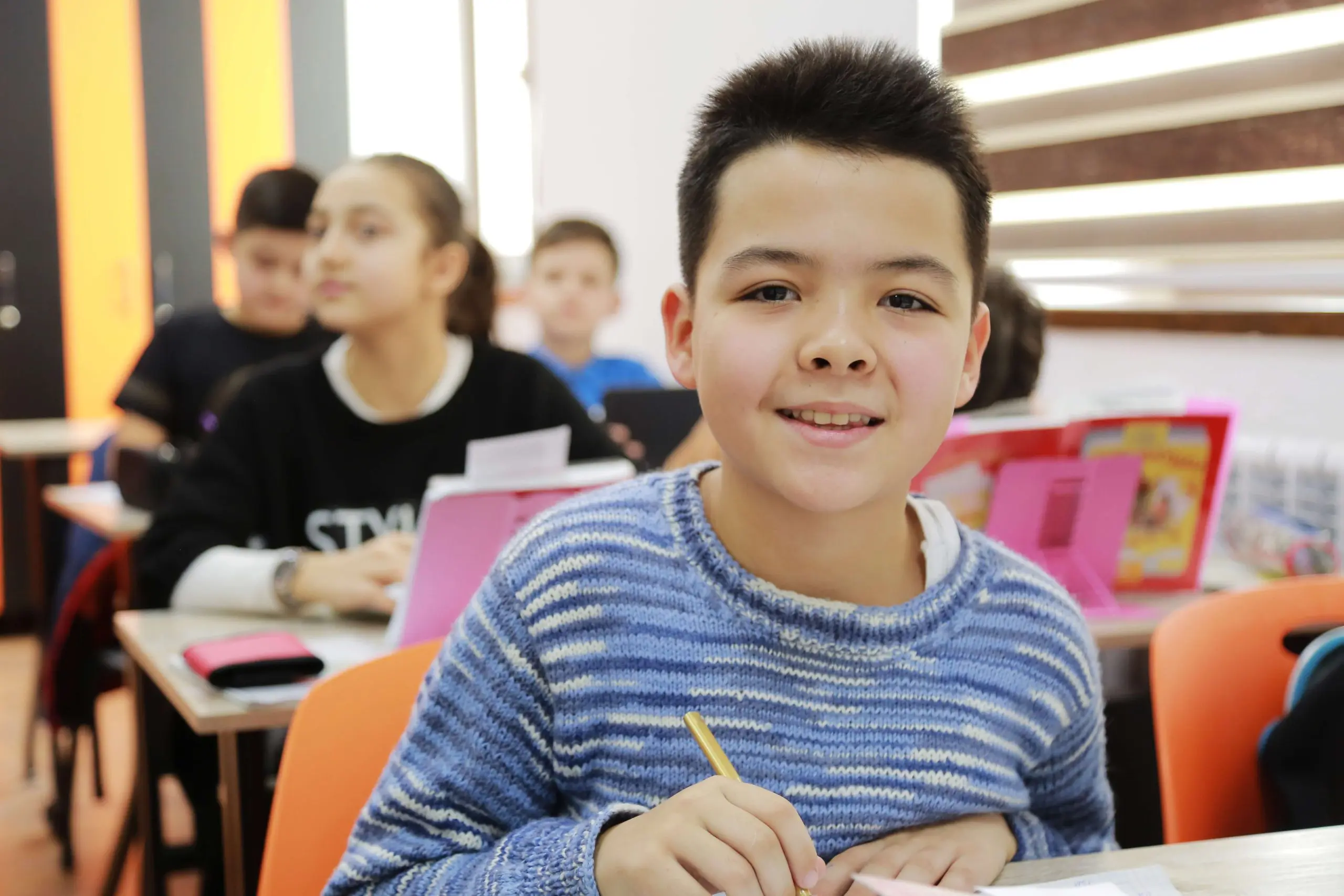Project Summary
The COVID-19 crisis had an enormous impact operationally, educationally, and economically on P-12 school districts, charter schools, and institutions of higher education, as well as students, parents, and families. To address the learning challenges related to the economic, social, and health impacts of COVID-19 and promote innovation, Colorado awarded over $40 million in grants to educational institutions using federal Governor’s Emergency Education Relief Funds. The Colorado Lab supported ten awardees (three from first round and seven from second round) in moving their programs along the steps to building evidence to help increase the chances that these new and innovative approaches grew to be effective in improving student and family outcomes. In addition, the Colorado Lab supported documentation of lessons learned from these efforts so that others might benefit from similar approaches.
Steps to Building Evidence
In selecting RISE grant recipients, the Governor’s Office prioritized innovative approaches. As such, many grantees were in the process of developing their program design and creating replicability materials (Step 1 on the Steps to Building Evidence) when the Colorado Lab started work with them. Several programs, especially those with multiple partners or turnover in organizational leadership, found that developing and implementing a new program in the midst of the pandemic was “all” they could accomplish. Those with an existing infrastructure and experience implementing the kind of innovative program funded by RISE were able to progress to Step 2 by defining and measuring the consistency and quality of program implementation. A handful of grantees made it to Step 3, building replicable systems for measuring desired student and family outcomes with the potential to extend beyond the end of the RISE funding period.
Summary of Findings
The Colorado Lab’s supports, which continued through the end of the RISE funding period, were designed to increase the probability that a grantee would successfully sustain the funded program well beyond the funding period. Consistent with best practices in implementation science, an essential component of the work at each site was convening an implementation team. The hope was that implementation teams would identify generalizable takeaways from the funded work and put processes in place to support ongoing improvement and learning. The real test will be whether RISE-funded programs are going strong years after the COVID-19 pandemic.
Actionability
See individual project pages below (coming soon!):
Academy 360 Charter School
Bennett School District 29J
Centennial BOCES
New Legacy Charter School
Southwest Colorado Education Collaborative
Get Involved
For more information about working with the Colorado Lab, see Government and Community Partnerships or Research Partnerships.
